Shocking treatment of Uyghurs detailed in new memoir
Late in the evening on Feb. 1, 2018, 24 members of my extended family were arrested in the course of a single night. Among them were my elderly father and mother, along with aunts, uncles, cousins, and their spouses.
On that terrible night, two police officers, one Uyghur, and one Han Chinese barged through my mother’s front door under cover of darkness. With my father in the ICU after suffering a stroke, she was alone in the house. They slapped handcuffs on her and threw a hood over her head. Because of her high blood pressure (among other serious health issues), the thick black cloth over her face left her fighting for breath. She begged the police officers to take it off.
The Uyghur policeman leaned down close to her. “I’m sorry. We have to take you like this. Those are our orders.”
But as he spoke, he lifted the bottom of the hood slightly so her mouth was exposed. The other policeman noticed what he was doing and said harshly, “What, is she your mother or something?” He pulled the hood back down tightly over my mother’s face and led her to a waiting police car.
She was taken first to the local jail, where she met my elderly aunt, who had also just been detained. By this point, my mother’s blood pressure was dangerously high. Jail officials examined her, but because the jail didn’t have any medical facilities, they wouldn’t accept her. So my mother was separated once more from her sister and taken to the Ürümchi No. 1 Prison, a notorious facility for hardened criminals.
Although this prison did have medical facilities, my mother never received any care.
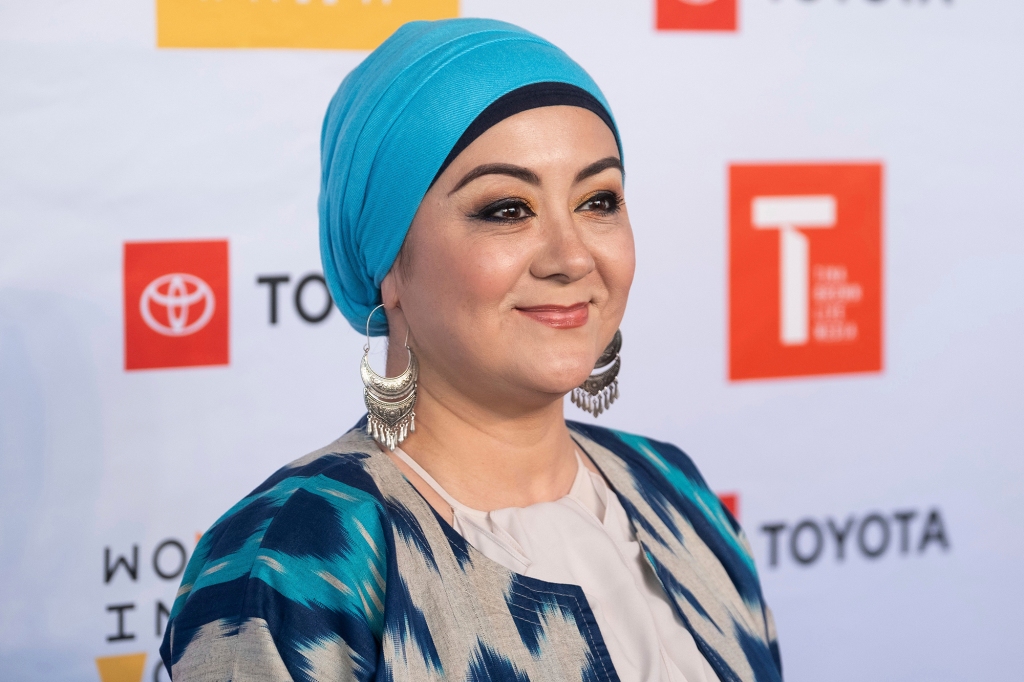
When she asked for her blood pressure medication, she was given cough drops. As a professor of pharmacology, she knew the difference.
At the prison, they made her strip off her clothes and change into a dirty uniform, still stinking of the sweat and fear of the last prisoner to wear it. She was thrown into a small room with thirty other women and kept chained to a pipe for days on end.
In the 21st century, my beautiful homeland has become the site of terror. The wholesale destruction of the ancient Uyghur culture and way of life has proceeded at an unimaginable pace. My story, and the story of my family, is very much part of that cultural genocide. The Uyghur people have mainly ruled themselves under various Turkic, primarily Muslim, potentates. Around 1755, the Manchu-led Qing Dynasty invaded the Uyghur area — which is about the size of the state of Alaska and today comprises one-sixth of what is now known as the People’s Republic of China — and brought it under the umbrella of imperial China.
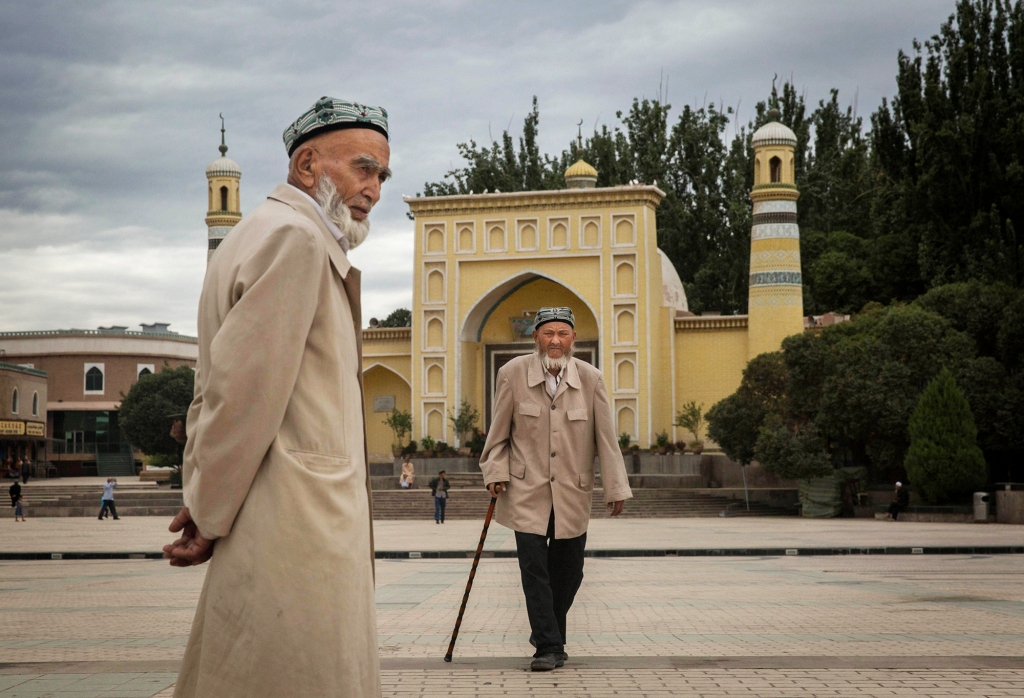
With the official founding of the People’s Republic of China in 1949 and the establishment of the Communist Party of China as the government, a new policy with respect to East Turkestan came into effect. The young CCP decided that a full-scale occupation was necessary to control the Uyghur area and, just as importantly, the Uyghur people.
A vast and terrifyingly accelerating program of colonization and cultural annihilation had begun. The Uyghurs, like the Tibetans, were considered by the Han authorities to be a backward people, and few Han Chinese knew anything about our traditions or way of life.
Travel was made difficult for Uyghurs — many hotels outside the region even refused to give rooms to Uyghurs. Prejudice against Uyghurs ran rampant.
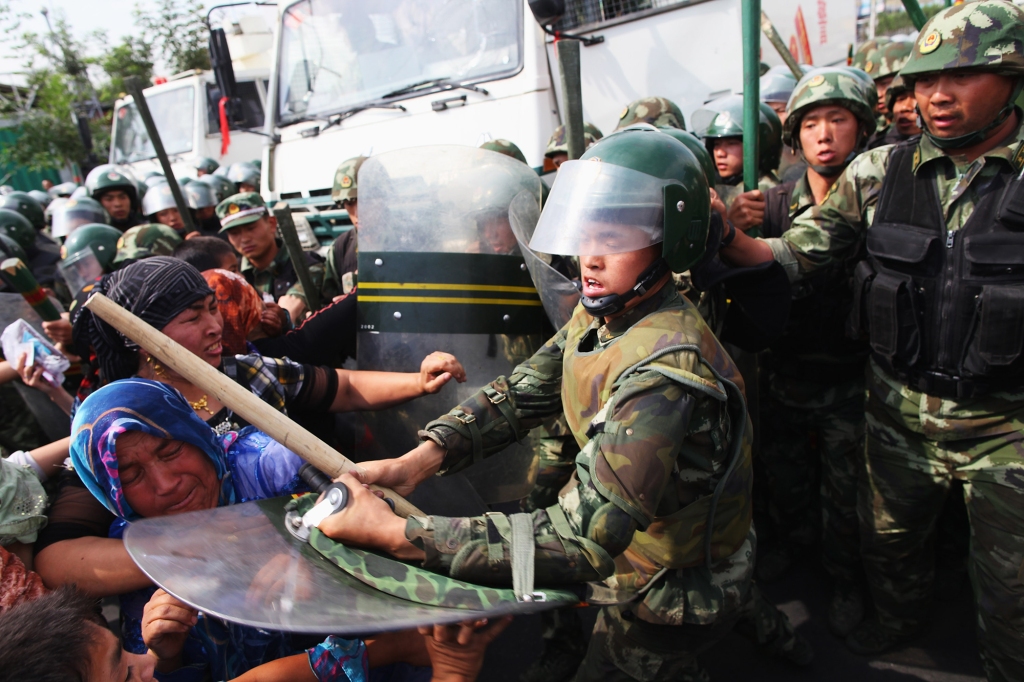
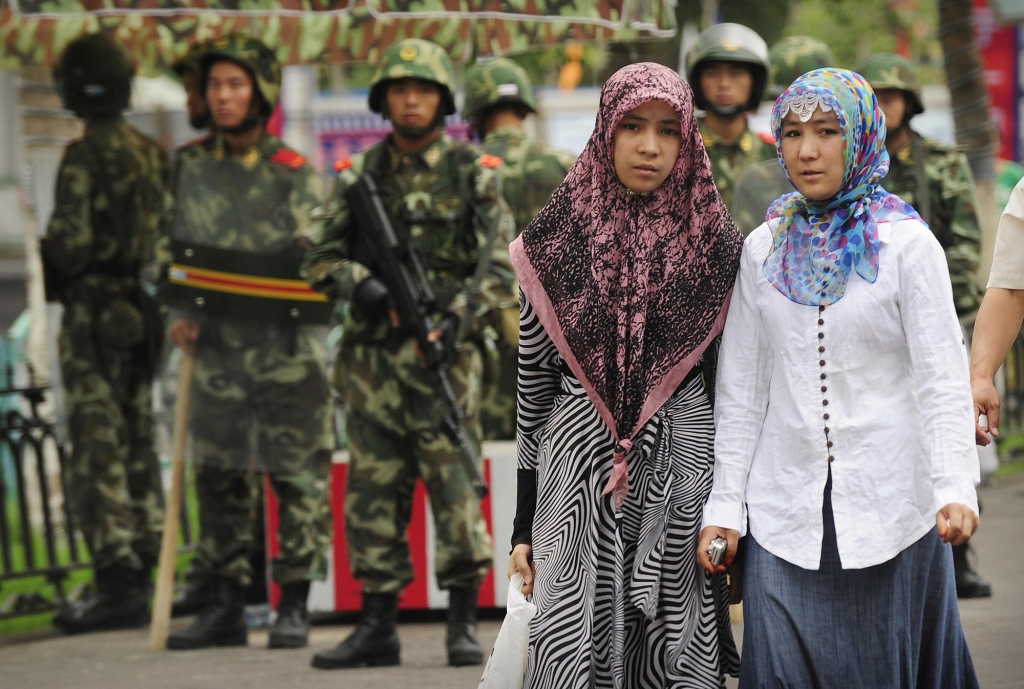
In 2017, the Chinese government began to incarcerate large numbers of Uyghurs in detention facilities built in the middle of the desert, far from the eyes of both the international community and the local population. With the level of secrecy surrounding these camps, it’s impossible to know how many people have disappeared into these facilities. But according to the best available information obtained through leaked official documents and eyewitness accounts, somewhere between one million and three million people have been forced into these camps, where they’re subjected to dehumanizing treatment, such as torture, rape, forced labor, and routine humiliation. Hundreds of thousands of people have been held for years without any due process or explanation.
Things are bad outside the camps as well.
In cities like Ürümchi, high-tech cameras hang on every telephone pole and can identify Uyghur individuals using sophisticated facial recognition software developed specifically for the purpose of keeping the population intimidated and in line. On corners where watermelon vendors used to park their donkey carts or trucks, military police now stand with machine guns at the ready.
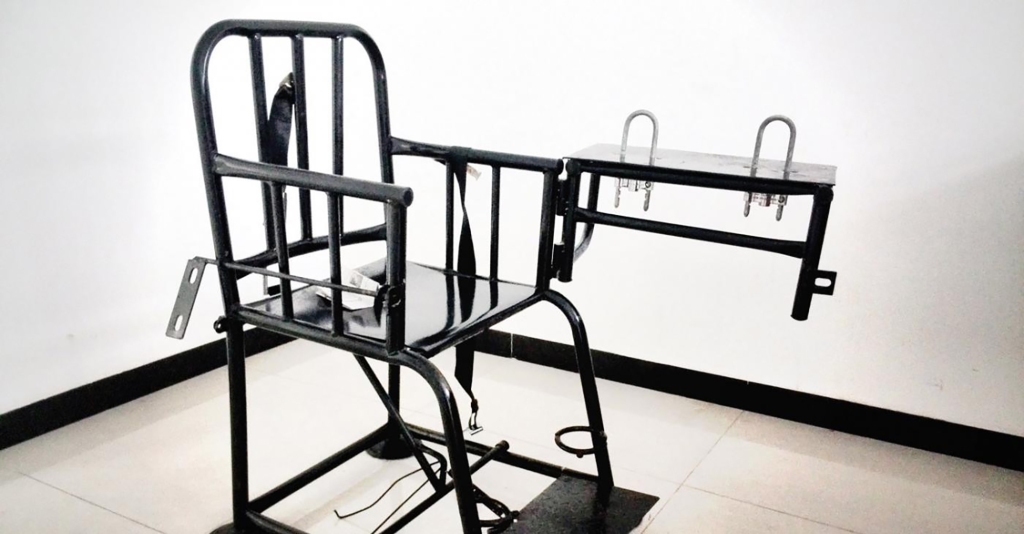
Much of this surveillance and intimidation is done under the pretense of fighting so-called terrorism, but the real purpose is to methodically destroy the Uyghur community. Offered the fig leaf of the Global War on Terror after the terrible events of Sept. 11, 2001, the Chinese government took the opportunity to label regular Uyghur citizens “terrorists” for engaging in behaviors as ordinary as praying in a mosque, growing a beard, or wearing a hijab.
All of this explains how my family ended up behind bars on that horrible night in 2018. But it’s not the full story. The hard truth I had to face that night, feeling completely helpless from thousands of miles away, is that the Chinese government took my family away for one reason: me.
A few months before that fateful February night, I had called my parents to check up on them. When I called, my mother’s voice sounded strange. I begged her to tell me what was going on. She lowered her voice and started to whisper. “They took your brother.” I immediately felt sick to my stomach, the fear pressing against my esophagus. “Why, what happened?” “He stopped at a gas station to get gas. He had to show his ID.”
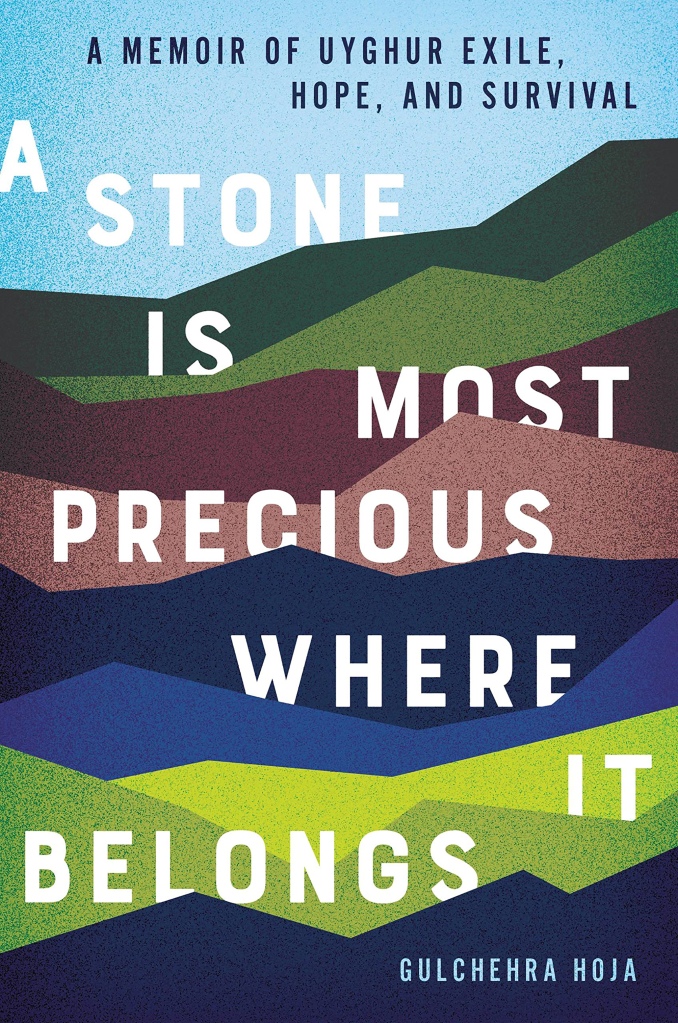
I had heard that now in order even to buy gas, Uyghurs had to show ID and look into the cameras mounted above the cashier’s desk. “He was supposed to have gone to check in at the police station the day before. But because of my surgery and the preparations, he decided to wait for a day. But they came and picked him up as soon as he went into the gas station.” “But why are they targeting him?” I said, trying to keep my voice low and calm.
“The police told me it’s because of you.” My mother’s voice was flat. “Your reporting. Your troublemaking. They’re very angry about your story on the medical examinations.”
I swallowed hard and put a hand over my eyes, where a pulsing pain lashed my forehead. “Listen, give me the details of what happened to Kaisar and I’ll write it up and put it in tomorrow’s broadcast. The only thing that might help is the pressure of publicizing this abuse of power.”
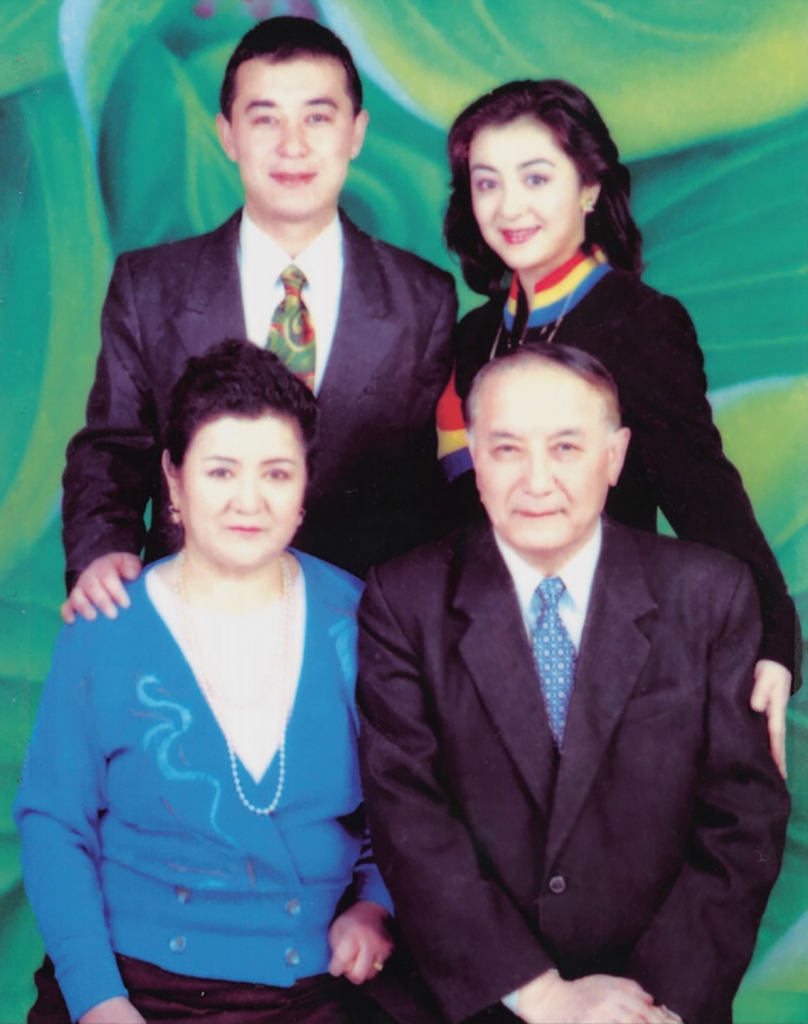
“No!” The word was as sharp as a driven nail. “I’ve already lost one child to another country. I don’t want to lose another one to endless jail.”
There was nothing I could do but continue my work.
I discovered through a Taiwanese newspaper report that a new jail had been constructed just outside of Ürümchi that could hold more than 300,000 people. It was a mind-boggling number, but it made sense to me. If the Chinese government was preparing to incarcerate huge numbers of Uyghur civilians, they would need somewhere to keep them all. I called every number I could find for the Ürümchi jails.
Finally, I reached a prison official who would speak to me anonymously. He told me that eight jails in the city had been combined into an enormous “jail city.” It was exactly what had been reported in the Taiwanese press. More than seven hundred people had been hired as guards for the system. “More are being built too,” he added casually, “all around the region.” “Who’s going to be held there?” I asked. “Who knows for sure? All we’ve been told is that there will be ordinary criminals and political criminals too.”
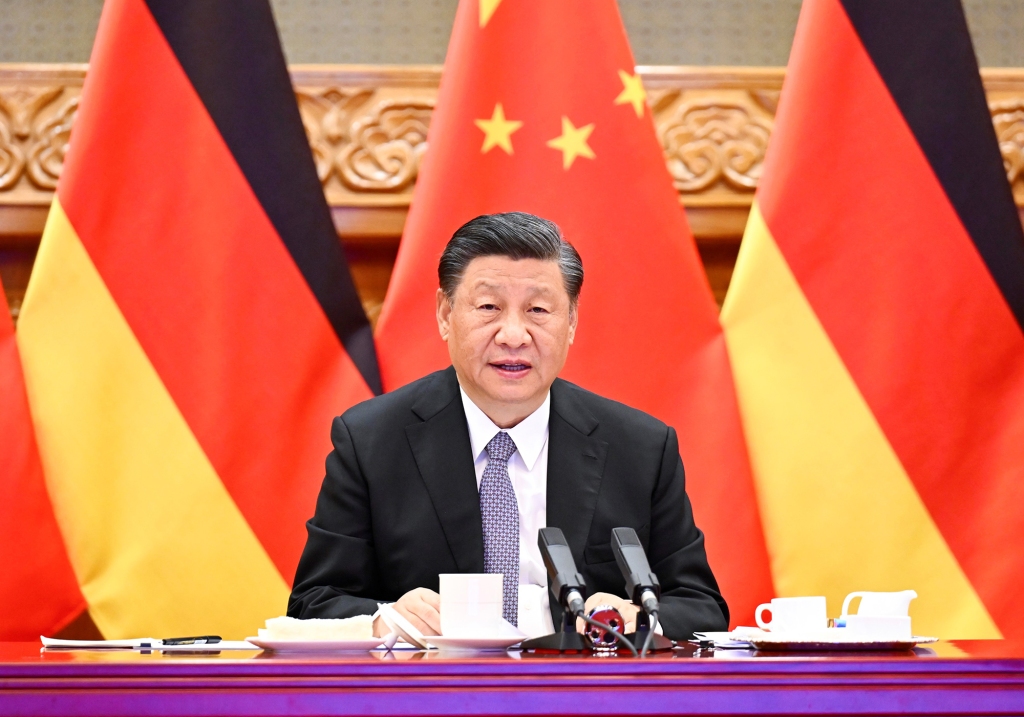
With me in the United States and working as a reporter, my family was de facto among those “political criminals.”
Through a Kazakh human-rights activist I knew, I got in contact with a middle-aged Uyghur businessman named Omir Bekali, who had just been released from what he said was a massive internment camp for men near Karamay, about four hours northwest of Ürümchi. He’d grown up in Turpan and moved to Kazakhstan, where he eventually opened a travel agency. He went back to China for a business meeting and was arrested for no reason he’d ever been told. In the camp, he experienced constant hunger, sleep deprivation, and physical torture. After eight agonizing months, his wife and friends back in Kazakhstan had managed to get him released by going through diplomatic channels. When he went to the camp, Omir weighed 190 pounds, and when he got out, he weighed barely 100.
He told me, crying on the phone, that his children hadn’t even recognized him.
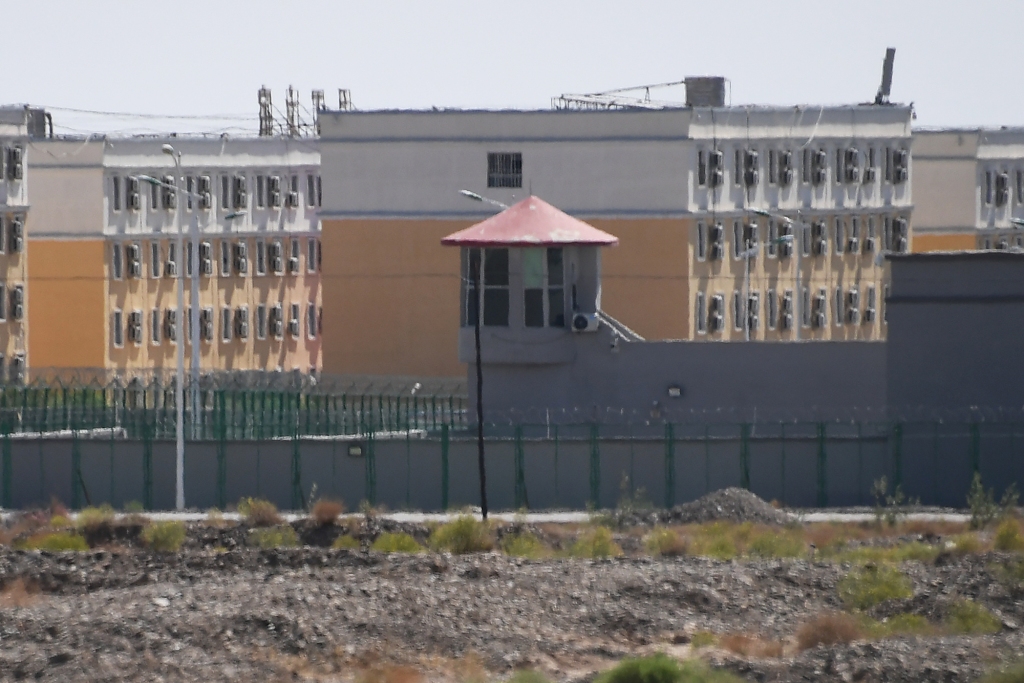
I convinced the businessman to go on the record. He was the first survivor of the Chinese government camps in East Turkestan to come forward and speak publicly about his experience. Although many in the Uyghur community knew basically what was happening, the story was finally coming out to the rest of the world, and I was determined to be part of revealing the truth, regardless of the risks.
At the beginning of 2018, a few days after my story about Omir and the camps aired, I got a call from a close Uyghur friend. She was living in the United States, but like me, she had left all of her family behind in Ürümchi.
“Gulchehra, my mom sent me a text. Gul, your whole family’s been taken. Twenty-four people. All of them, arrested in one night.”
“My mom and dad?” “They were taken, too.”
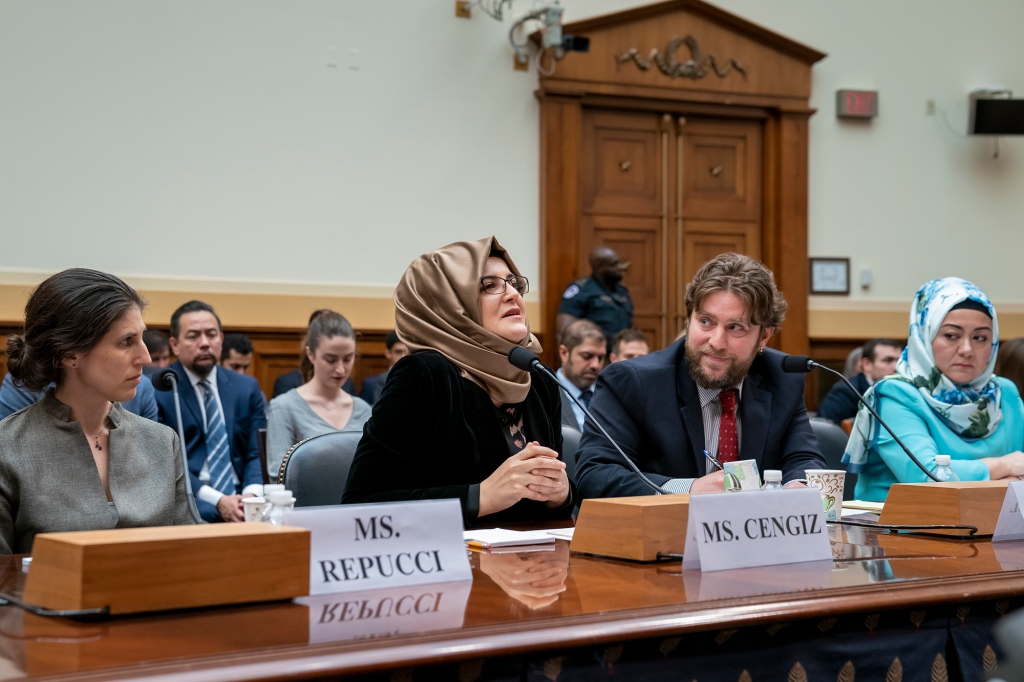
Pressure was building inside my chest and thoughts raced chaotically through my head. This had to be retribution for the reporting I’d done on the camps.
There was no other possible answer. The next day, I went to speak to the director of RFA. “I’ve been working here for many years,” I said, “finding other people’s stories, helping others in any way I can. But now I need help.” He nodded, and I could see he truly understood. “We’re here for you, Gul. Whatever you need.”
That very day, I wrote and taped an open letter to the Chinese government. In all of my experience as a journalist, it was the hardest piece I’ve ever had to produce.
I edited the recording painstakingly until it sounded the way I needed it to. Then I sent it everywhere I could think of. I sent it to my friends, my colleagues, human rights organizations, and even the Chinese embassies in the United States. I put it up on Facebook, too, just trying to reach the largest audience I could.
Finally, my story reached the right ears, and in July 2018, I was startled to find myself invited to speak at a hearing of the Congressional-Executive Commission on China about human rights abuses in the Uyghur region. I prepared my speech meticulously and arrived in tasteful makeup, a somber gray suit, and my finest white silk hijab. My heart was beating so hard as I began to speak that I was sure the members of Congress could hear it.
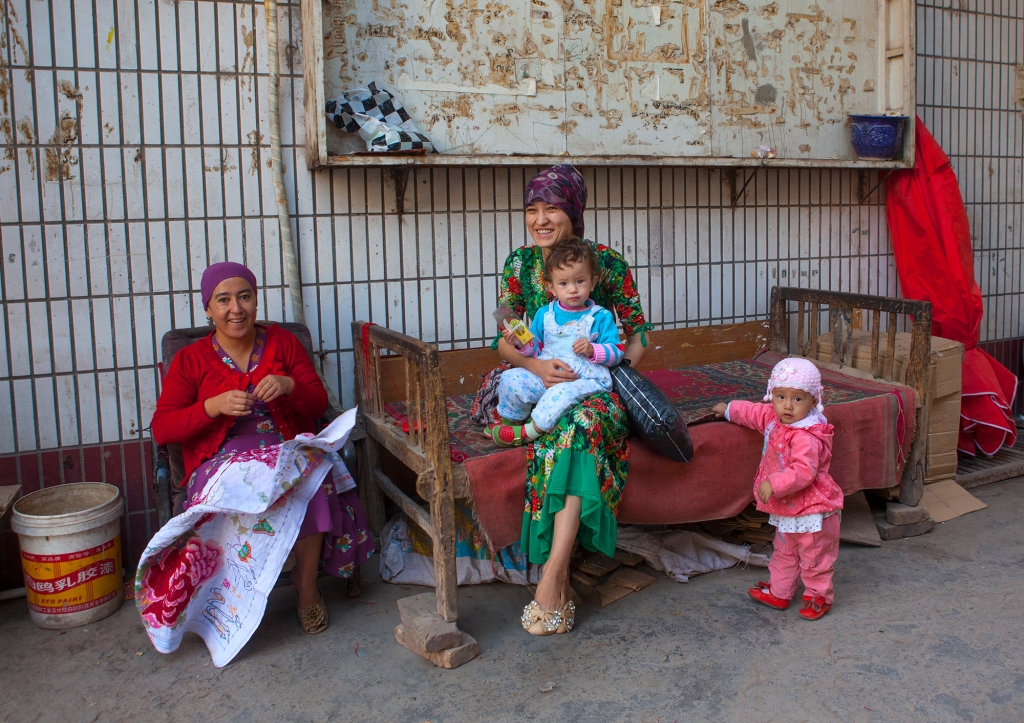
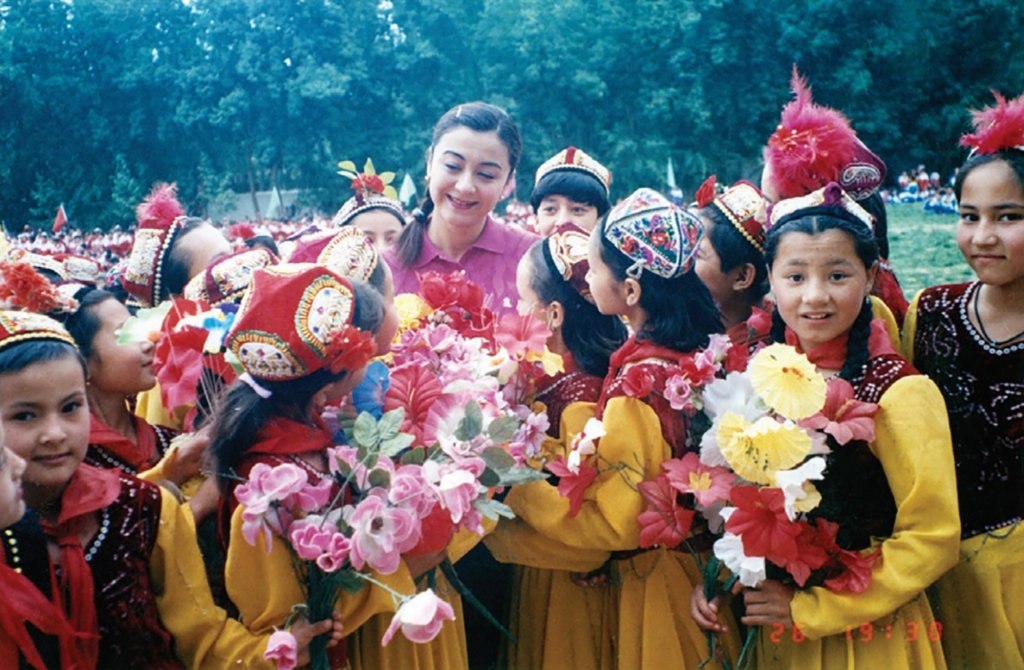
County Elementary.
My mom was released from prison on March 10. The first thing she did was call me. The instant I heard her voice, I started crying. “We’re alive,” she said, sounding tired and hoarse. “I have to tell you that I’m alive, because of you.”
Each day, she was given a single steamed bun to eat and nothing else. Sometimes the bun was stuffed with rotten meat or gristly bits of what she thought could have been a rat.
“Do you remember what I said to you last year? When your brother was taken away by the police? I told you that the police had said it was because of you. I’ve felt terrible about that every day since. None of this is your fault. It isn’t your fault we’re being persecuted. I had to survive, to make it out of prison so I could tell you that.”
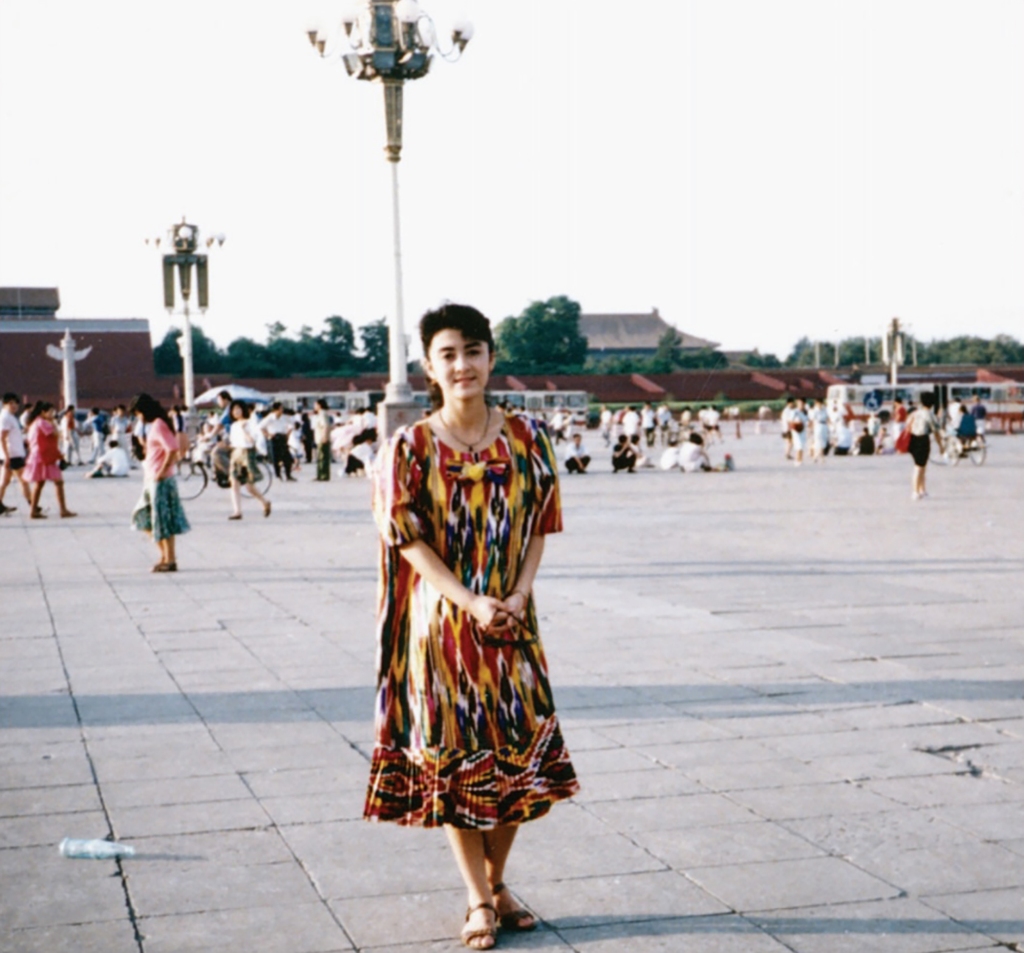
“Mom . . .” I was crying too hard to tell her how much I loved her.
“No, my daughter, don’t cry. I’m all right. Really. Just hug your children more. Breathe deeply. Appreciate everything, even plain water. Because everything’s beautiful, the sun in the sky, the moon, everything!” She paused and added, “If you’re alive, everything is possible. Everything.”
From the book “A Stone is Most Precious Where It Belongs: A Memoir of Uyghur
Exile, Hope, and Survival” by Gulchehra Hoja. Copyright © 2023 by Gulchehra Hoja.
Reprinted by permission of Hachette Books, an Imprint of Perseus Books, LLC., a
subsidiary of Hachette Book Group, Inc., New York, NY. All rights reserved.
Read the full article Here


